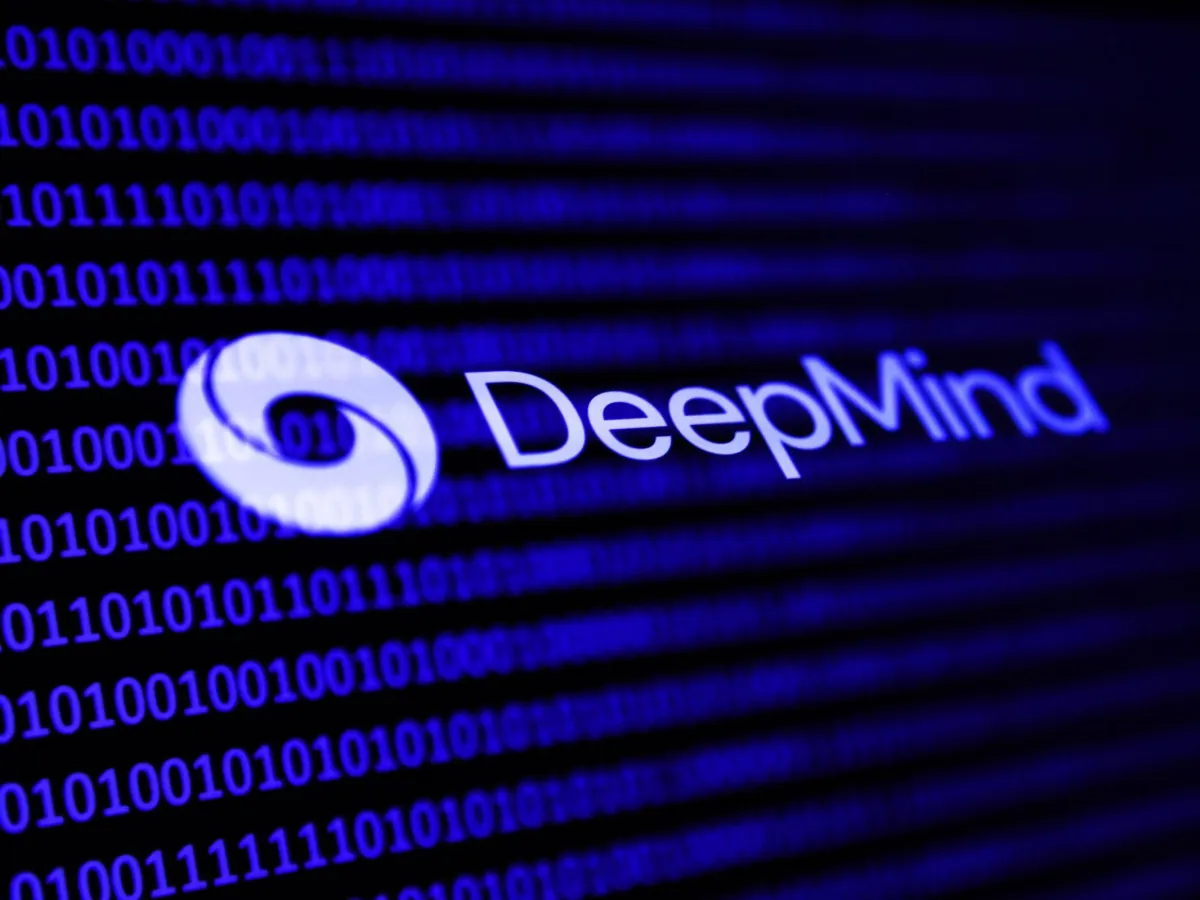
Google DeepMind Secures Windsurf Talent After OpenAI Acquisition Falls Through
In a notable shift in the ongoing battle for elite AI talent, Google has officially announced that it will onboard key members of the leadership and research team from Windsurf, a startup previously reported to be in acquisition talks with OpenAI. The deal with OpenAI—once rumored to be worth $3 billion—is now off the table.
Instead, Windsurf CEO Varun Mohan and co-founder Douglas Chen, along with several of the company’s top R&D personnel, are joining Google DeepMind to focus on advanced agentic coding initiatives, particularly in support of Google's flagship AI platform, Gemini.
While Google will not assume any ownership stake or formal control over Windsurf, it has secured a non-exclusive license to portions of the startup’s technology. This strategic maneuver allows Google to capitalize on Windsurf’s innovations without absorbing the company itself, maintaining a leaner and more targeted approach to talent acquisition.
Effective immediately, Windsurf’s internal leadership structure is shifting. Jeff Wang, previously head of business, will serve as interim CEO, while Graham Moreno, the company’s VP of global sales, will step in as its new president. The remaining Windsurf team is expected to continue operating independently, ushering in a new chapter following the high-profile transition of its founding leaders.
Google spokesperson Chris Pappas noted, “Gemini is one of the best models available, and we’ve been investing in its advanced capabilities for developers. We’re excited to welcome some top AI coding talent from Windsurf’s team to Google DeepMind to advance our work in agentic coding.”
Mohan and Chen, in a joint statement, expressed pride in Windsurf’s achievements over the past four years and optimism about their new role: “We are excited to be joining Google DeepMind along with some of the Windsurf team. We are proud of what Windsurf has built and look forward to seeing the company thrive in its next phase.”
This development highlights the intensifying competition among U.S. tech giants to secure talent in the rapidly evolving field of AI, particularly in areas like agentic coding—where AI systems take more autonomous, multi-step actions with minimal human intervention. With Gemini aiming to rival OpenAI’s GPT models, this infusion of talent and technology could accelerate Google's position in the generative AI race.
In a future where AI agents increasingly write, debug, and deploy code autonomously, will human developers evolve into strategic overseers—or become obsolete altogether?,
Stay informed on the future of artificial intelligence and its impact on everyday life by making DailyAIPost.com part of your daily routine—because in the age of AI, staying ahead means staying updated.
